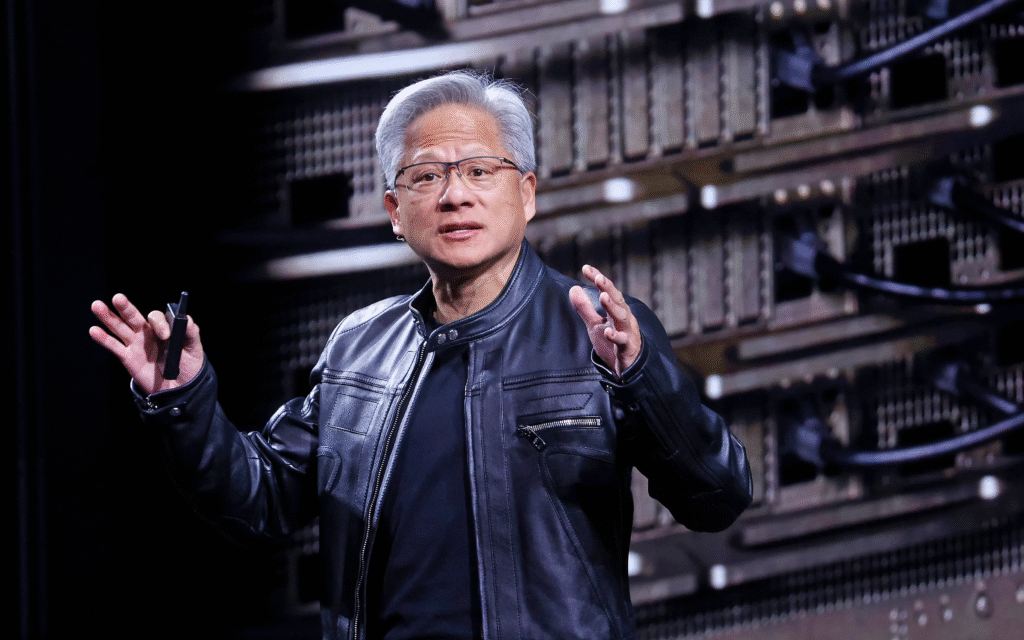Nvidia announced on July 14 that it will file applications to resume sales of its H20 artificial intelligence chips to China. The company said it expects to receive export licenses from the US government soon and to begin deliveries shortly after.

Introduction of an RTX Pro Chip for China
Alongside its H20 filing, Nvidia introduced an RTX Pro GPU designed exclusively for the Chinese market. The company described the new chip as fully compliant with US export rules. It said the RTX Pro will serve digital manufacturing needs, including smart factories and logistics applications.
The H20 and the US‑China Tech Tension
The H20 chip became central to a broader standoff between Washington and Beijing. China’s leading tech firms, including ByteDance, Alibaba, and Tencent, stockpiled H20 chips in early 2025 ahead of tighter controls. The H20 is Nvidia’s most powerful inference accelerator that it can legally export to China under current rules. It excels at running existing AI models rather than training new ones.
Trump Administration’s April Restrictions
In April, the US government restricted the sale of H20 chips by setting performance thresholds. These rules targeted chips with memory bandwidth above 1,400 GB per second or I/O bandwidth above 1,100 GB per second. Nvidia warned that the move could cost the company fifteen to sixteen billion dollars in revenue and force a write‑down of 5.5 billion dollars in existing inventory.
Rapid Policy Reversal After Mar‑a‑Lago Meeting
The restrictions were lifted within weeks after Nvidia CEO Jensen Huang met former President Donald Trump at Mar‑a‑Lago. White House officials paused the ban following assurances of new US data center investments. Nvidia then announced plans to invest up to five hundred billion dollars in AI servers in the United States with partners like TSMC.
Impact on Chinese Tech Ecosystem
Chinese firms view Nvidia’s AI chips as essential due to their superior memory bandwidth and the mature CUDA software ecosystem. A cessation of deliveries led domestic businesses to find ways around and accelerate national chip production. The resurgence of H20 chip will contribute to the maintenance of AI research and industrial automation ventures in China.
Ongoing Concerns from US Lawmakers
Responding to the cat and mouse, some lawmakers in the US pronounced the movements as a way of undermining national security work to curb the pace of AI enhancement in China. They cited examples such as DeepSeek, a Chinese startup that leveraged older Nvidia chips to build competitive AI models. Concerns remain that future policy shifts could again disrupt the market.

Nvidia’s View and Next Steps
In a statement, Nvidia spokesman Hector Marinez said CEO Jensen Huang is meeting officials in Washington and Beijing this month to discuss AI benefits for business and society. The company’s blog post said it appreciates the US government’s assurances. As Nvidia waits for licenses, it is ready to resume shipments and serve China’s AI needs once more .
The regulatory saga highlights the fine balance between national security and commercial interests. It also shows how crucial China remains for Nvidia’s growth as the world’s top AI chipmaker. Further policy shifts are likely, but for now, Nvidia is set to deliver AI hardware across the Pacific once again.





